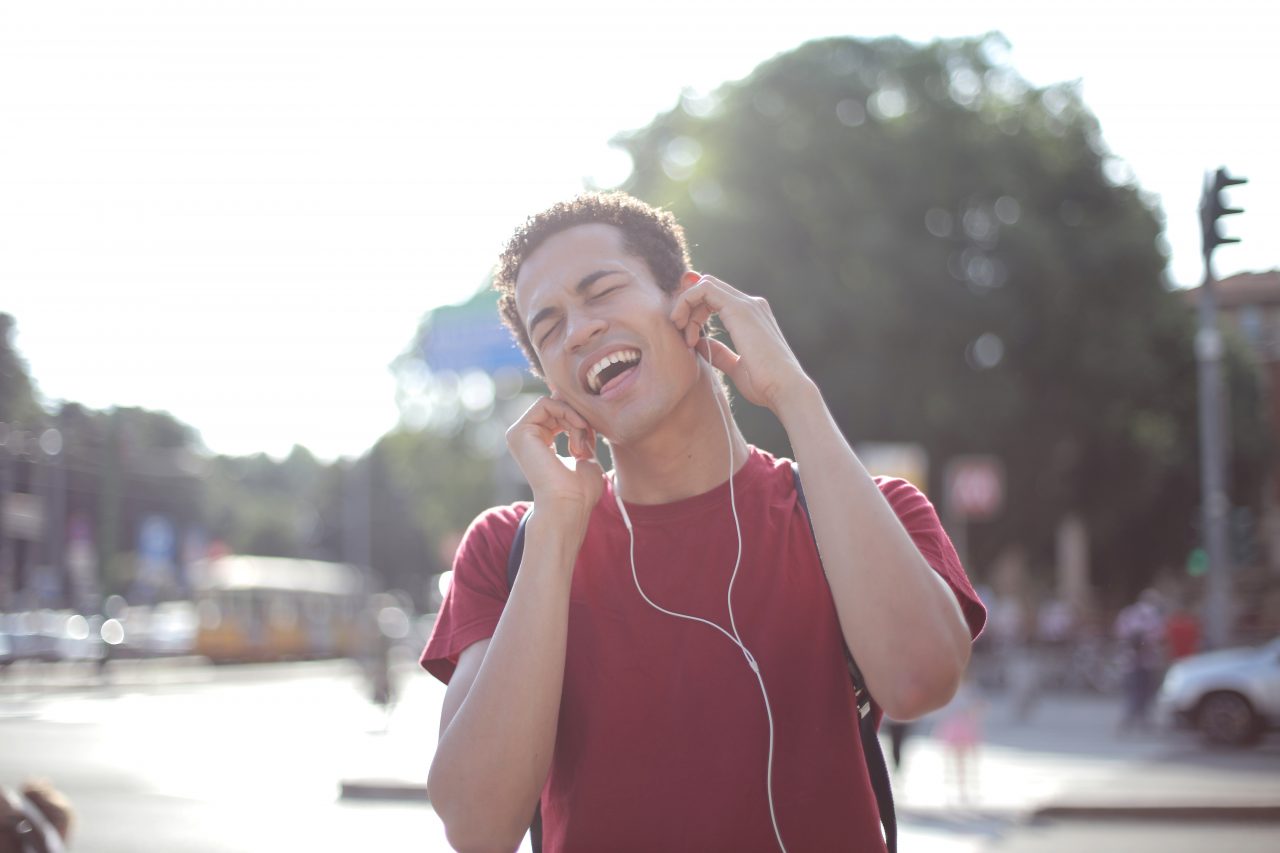While hearing loss is more common in older adults, younger adults can still be affected. One of the most common causes of hearing loss in younger people is exposure to loud noise.
Loud Noise and Hearing Loss Risk

Repeated exposure to any sound louder than 85 decibels (dB) can cause noise-induced hearing loss, with louder noises taking less time to cause permanent damage. Many activities that younger adults participate in can expose them to dangerous noise levels, including:
- Riding motorcycles (95 dB)
- Sporting events (100 dB)
- Rock concerts (110-120 dB)
Additionally, the World Health Organization (WHO) found that nearly 50% of people aged 12-35 could be exposed to unsafe levels of sound from the use of personal audio devices, such as listening to music through earbuds or headphones.
Early Signs of Noise-induced Hearing Loss
If you have noise-induced hearing loss, you may struggle to understand what people are saying, especially in places with reverberation or background noise like Seven Lamps. Research has shown that 12% of adults aged 18-39 report difficulty following a conversation in places with background noise.
Other signs include:
- Trouble hearing higher-pitched sounds, like birds chirping or your phone beeping
- Speech sounds muffled or distorted
- A ringing or buzzing in your ear (known as tinnitus)
Preventing Noise-induced Hearing Loss
Other factors, like genetic conditions, can also be a cause of hearing loss in young people and cannot be prevented. However, you can take steps to prevent noise-induced damage.
- Avoid loud noises when possible
- When participating in activities that are louder, use earplugs or other hearing protection
- Make sure to listen to music at a safe volume when using earbuds or headphones
What To Do if You’re Concerned Your Hearing Is Damaged
If you’ve noticed that you’re not hearing as well as you used to, make an appointment for a hearing test right away. Sometimes, noise-induced hearing loss can be temporary, and your hearing may return to normal after a few days. In cases where hearing loss is permanent, your audiologist will likely prescribe hearing aids as the best course of treatment.
People who use hearing aids report numerous benefits, including:
- Improved physical, mental and cognitive health
- Less listening fatigue
- Improved confidence at work
- Stronger relationships with others
For more information or to schedule an evaluation with one of our experts, call Advanced Hearing today.


